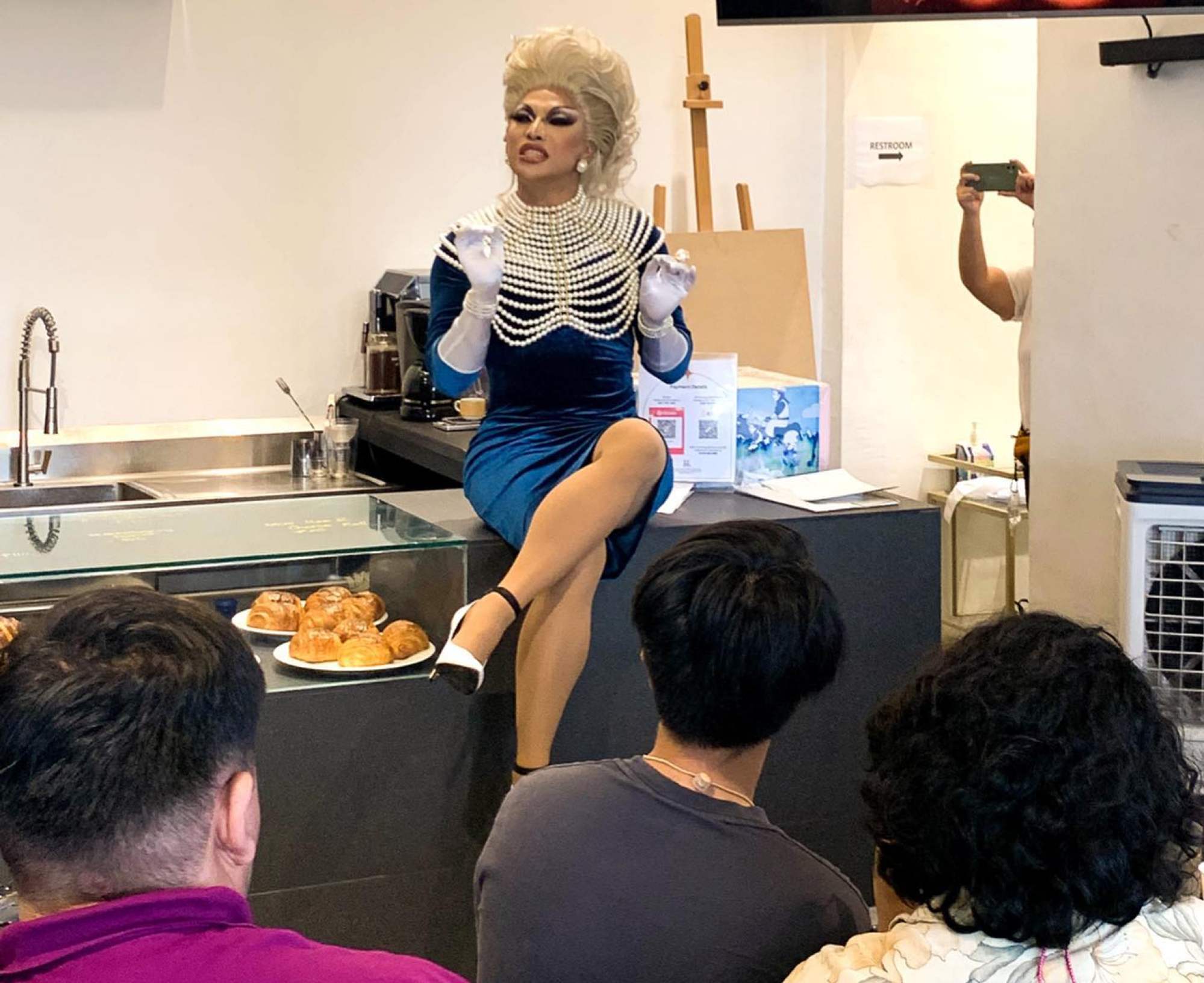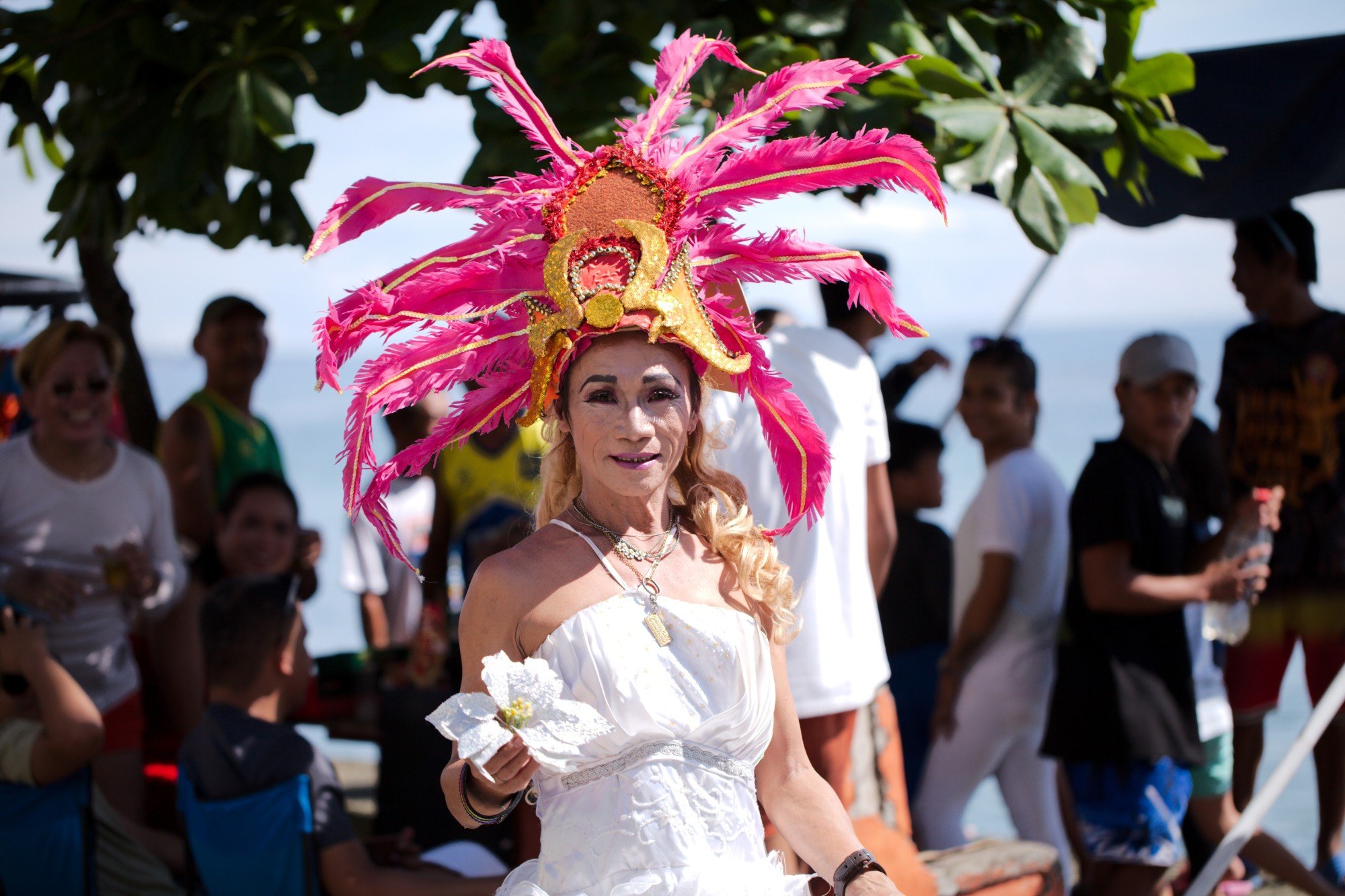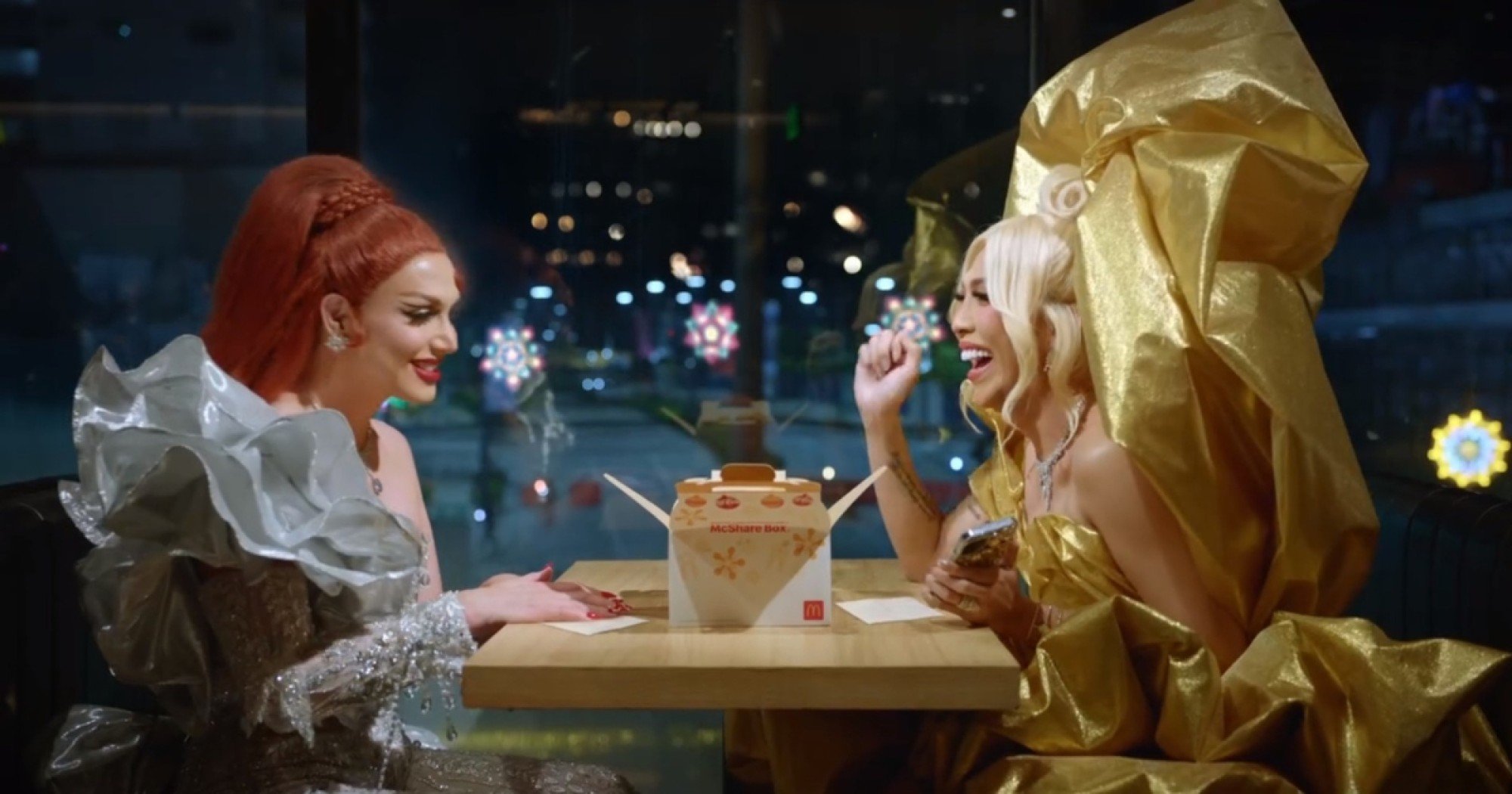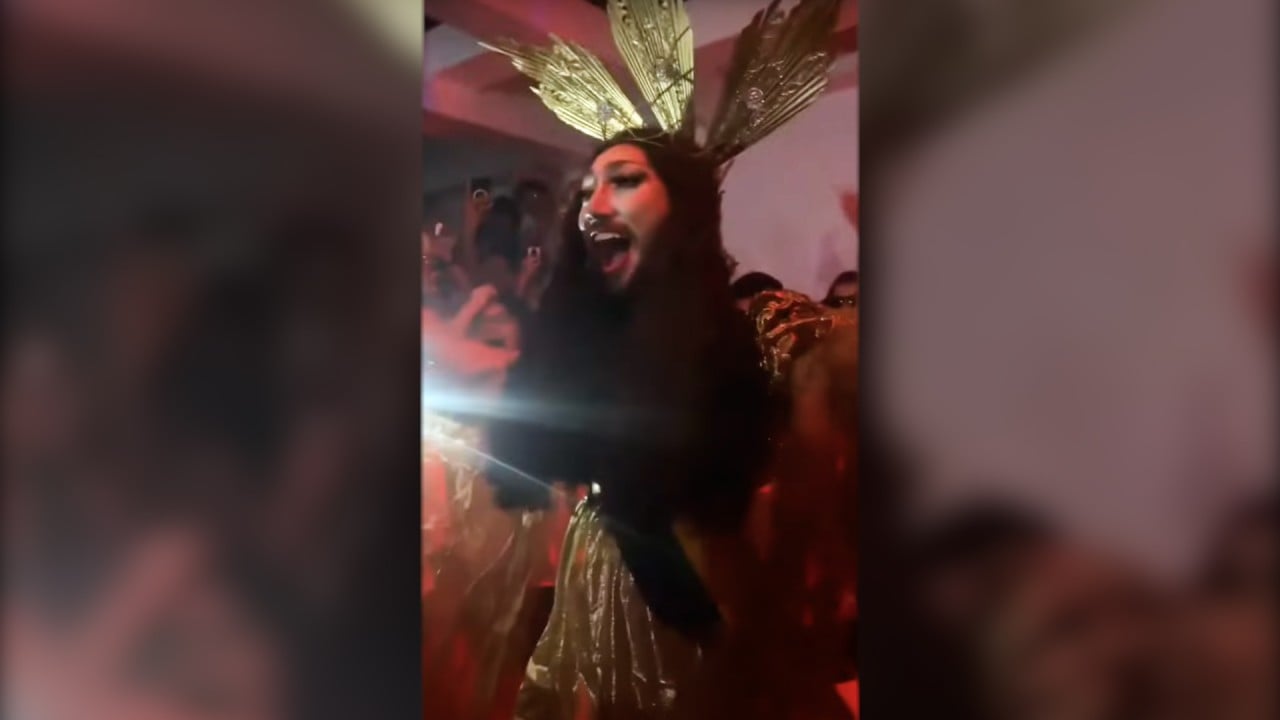Philippine drag culture is on the rise, but will it usher in LGBTQ acceptance?
Once confined to nightclubs, drag shows are slowly entering mainstream Philippine culture, with local reality programmes such as Drag Den and Drag Race Philippines – the local version of US series RuPaul’s Drag Race – allowing drag artists to expand their reach beyond queer spaces.
Some brands have latched on to the shows’ commercial appeal. In November, McDonald’s Philippines ran an advertising campaign featuring Drag Race Philippines host Paolo Ballesteros and comedian Vice Ganda eating fried chicken in drag. Local drag star Marina Summers also made headlines earlier this month for becoming the first Filipino to take part in RuPaul’s Drag Race: UK vs The World.
While such developments suggest drag queens may be on the cusp of receiving acceptance from a culturally conservative, Catholic-majority public, queer advocates argue there is still a long way from true equality.

A show of acceptance?
The popularity of drag queens indicates the Philippines is moving past portrayals of gay characters as punchlines and sources of comic relief, as was prevalent in the 1980s and 1990s, according to Jonalou Labor, an associate professor at the University of the Philippines (UP) and a researcher on LGBTQ communication.
“We have had a lot of push towards nuanced and positive storytelling about who we are as a community, the diversity of the LGBTQ experience that highlights the triumphs that we have had, as well as our struggles,” said Labor, who identifies as LGBTQ.
According to Labor, the country’s collective pageant obsession – which has produced four Miss Universe winners – could be a factor driving the growing appeal of drag, which has its roots in local gay pageants that have over the past decades become widespread at town festivals.
“[Filipinos] have that natural link towards these kinds of glitzy, entertaining representations,” he said.

The Philippines has a reputation as being one of the most LGBTQ-friendly countries in Southeast Asia. A survey conducted by the Pew Research Center in 2019 found 73 per cent of Filipinos agreed that homosexuality should be accepted by society, a number far higher than its neighbours, including South Korea at 44 per cent and Indonesia at 9 per cent.
Despite that, Randy Jay Solis, communication research department chair at UP, said LGBTQ acceptance in the country was still in its infancy.
He noted that the Sexual Orientation and Gender Identity and Expression Equality (SOGIE) Bill, aimed at criminalising gender discrimination, had languished in Congress for two decades – indicating that the wider public had only attained tolerance, rather than acceptance, of the Philippine LGBTQ community.
A 2018 survey by local research group Social Weather Stations (SWS) found that 61 per cent of 1,200 respondents opposed legalising same-sex civil unions.
“Total acceptance of the LGBTQ community would require a cultural change or a revolution,” Solis said.

Transgressive tolerance
Vega faced a total of seven criminal charges, as well as numerous persona non grata declarations from various municipalities. The artist said they also faced a wave of hateful comments and death threats.
“I would always be in drag when I attend these court hearings because I wanted people to have a clear distinction that [they’re] up against Pura, instead of my [non-drag] self,” said the performer, who identifies as Catholic.
“When you try to ask people what exactly was wrong with the performance, they could not agree on one answer … These are the things that make me question, ‘Where exactly was the line crossed?’. No one was able to even point out to me why they were so offended with the performance,” Vega said.
The artist was charged with violating article 201 of the Revised Penal Code, enacted in 1930, which penalises “immoral doctrines, obscene publications and exhibitions and indecent shows” – a law slammed by Vega as archaic and one that rights advocates have criticised as unconstitutional in its prohibition on protected speech.
Vega said of their arrest: “If this is how people react because they’re offended, then we’re not really sure how protected freedom of expression is.”
Labor said Vega’s case indicated that despite the strides in media portrayals of LGBTQ folk, the Philippine public still expected the queer community to fit into a range of “harmful stereotypes”.
“They have to be entertaining. They have to be, in a sense, palatable to the heterosexual community. And if you expand that label, you cause discomfort to conservative segments of Philippine society,” Labor said.
Solis agreed, saying LGBTQ Filipinos were tolerated if they served commercial and entertainment values – and faced backlash if they were perceived as crossing the line of the country’s hegemonic patriarchal and Catholic ideologies.
A year after Singapore’s anti-gay law repeal, equality still ‘nowhere in sight’
A year after Singapore’s anti-gay law repeal, equality still ‘nowhere in sight’
Still, there is value to shows such as Drag Race Philippines and Drag Den, Labor said, as they feature personal stories of the contestants, which can help viewers to empathise with the struggles faced by LGBTQ Filipinos, such as discrimination and social isolation.
According to Labor, showcasing a diverse range of drag queens provides awareness of the vast diversity within the LGBTQ community itself. “I hope [in these shows] we see a larger diversity of queens, and not just those deemed palatable to heterosexual audiences,” he said.
Solis said he hoped the wider public and Philippine leaders would one day appreciate the courage showed by drag stars in challenging societal norms to embrace their identities.
“Drag culture is not only about performativity in gender, identity, and sexuality, but it is also about transgressiveness,” he said. “I hope that future generations of leaders appreciate what drag is teaching us. It is about creating spaces of discourse and openness to breaking boundaries of suppression, divisiveness, discrimination and hate.
“And when these leaders finally take their place in society, only then can this cultural shift, the acceptance of the LGBTQ community, truly happen,” he added.


